As the number of IoT enabled devices we use increases, such as wearables, voice-activated tech, or connected devices for our cars, the volume of location data is only set to increase. CGI UK estimates that the location data market is growing by around 15-20% per year and that the “power of where” can help deliver better business and government outcomes*.
Location data, when used creatively and responsibly, can impact on our lives, our communities and our businesses. It can help us get around, on foot, by car, or by bike; check traffic, travel services and weather conditions; it can tell us more about why and when people are in spaces and how often they are using services. It can help improve and enhance services in communities and can make a real difference to people’s lives.
At Traveltech for Scotland we’re seeing businesses in our traveltech community use location data in innovative ways to solve problems, improve services, enhance skills, connect up elements of visitor journeys, and enhance and personalise the visitor experience. Our Traveltech Directory is where you’ll find many of them, and more are emerging all the time.
Traveltech for Scotland has partnered with Location Data Scotland to run a joint event on Thursday 27th May to explore the potential of location data for travel and tourism. If you are a tourism, travel or technology business looking to explore the opportunities in location data, please register for the webinar here.
When it comes to improving and enhancing customer service, cloud-based Neatebox WelcoMe smartphone app is a perfect example. This award-winning app is helping to improve the lives of disabled people through its technology, and significantly improving communication between customer-facing staff and people with disabilities in venues such as banks, shopping centres, visitor attractions and passenger ferries, hotels and airports. The smartphone app’s location technology triggers a notification to a nearby participating venue which is informed about how to best serve an approaching disabled customer before they arrive. The app also provides accessibility training and tips to staff on how best to support disabled visitors and customers, a game-changer for both the visitor and the venue.
With Covid-19 impacting significantly on leisure and work patterns, the majority of us have been spending more time outdoors in all weathers, cycling, walking, and even outdoor swimming. We’ve been rediscovering our local parks, beaches and places on our doorsteps, not entirely without challenges for those managing and protecting our natural environments. By collaborating with Interface, Censis and visitor management groups across Scotland to explore the uses of IoT and sensors, together we’re learning how location data can help us better understand visitor movement and flow in our national parks, beaches, towns and cities, as well as helping organisations to address visitor management challenges and ways to influence visitor behaviour.
A greater appreciation for the outdoors and for Scotland’s natural assets is inspiring the design of new routes and trails, bringing together the routes we want to take, the trails we want to explore into easier, more accessible formats. Start-up Walks & Waterfalls is developing an app to allow users to locate hundreds of walks, waterfalls and wild swimming places in Scotland. The app uses OS mapping and Geolocation allowing users to ‘bag’ waterfalls with live digital leader boards and social engagement. Walks and Waterfalls, included in the Geovation Scotland Accelerator programme, is one to watch.
Very often, innovation occurs when the product or service that we want as a solution doesn’t exist, so we end up creating our own. The founders of Huli, keen adventure cyclists, spotted a gap in the market when they couldn’t find a tool to help them map out a route to explore the French Alps. The founders’ experience in satellite research allowed them to develop an application which enables cyclists to create their own routes. Huli automatically creates personalised routes wherever people are just by clicking on their smartphones.
As the need to reduce our carbon footprint intensifies and the demand for electric vehicles grows, so too does the need for EV charging points, and travellers want to manage and curate their own touring routes. This demand is shaping the needs for new products and services, and early stage start-up Electrek Explorer aims to simplify trip planning for electric vehicles so that travellers don’t have to worry about locating charge points, hotels or activities. The Electrek mobile app aims to hold all the information travellers need in one place, removing worries about range anxiety, and offering a range of services to enhance EV road trips.
Whether cycling or photography, walks or waterfalls, shared leisure and travel interests are inspiring and informing communities, and we’re finding new ways of sharing tips and recommendations through location data. The What3Words app, which gives every 3m x 3m square a unique combination of three words (bought.sugar.defend for the Scott Monument in Edinburgh, for example) has traditionally been used to help speed up responses by the emergency services to assist people. Currently all of Scotland’s emergency services use What3Words. However, now, walkers and hikers are using the app to share locations of recommended routes, photographers are sharing the location of great shots, travellers and bloggers using the app to share favourite places with their followers. Destination organisations are including What3Words references on digital maps to mark popular local beauty spots and finding an uptake in user searches for walking and cycling routes as a result.
More of our pioneering traveltech businesses, including Pour, an innovative food and drink ordering app for independent bars and restaurants, are developing the use of location data to enable client venues to maximise data use for business decision-making. From insights shared at the recent Scottish Tourism Alliance Spring Conference we’ve learned that more tourism operators are using location data to manage the movement of visitors, as well as enhancing visitor experience: the city of Venice and Disney Parks and Experiences just two examples.
The launch of Location Data Scotland has introduced us to several organisations working in this space, offering huge potential for the travel and tourism industry to develop innovative products and services to benefit visitors, residents and communities. We look forward to collaborating with this community and to understanding how together, we can unlock the power of location.
Join us on Thursday 27th May online to explore the potential for location data in travel and tourism.
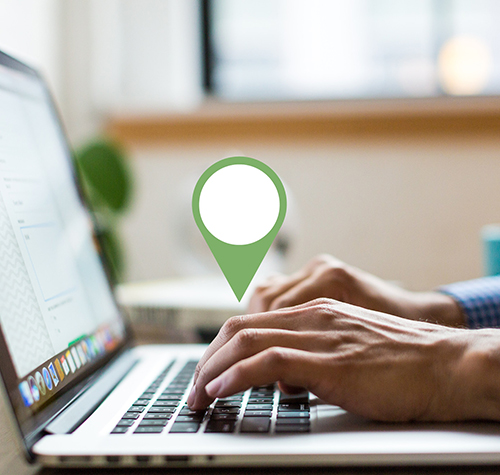

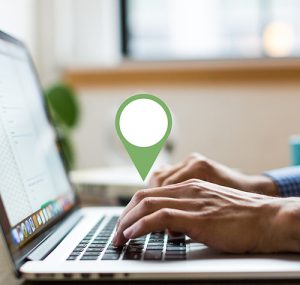
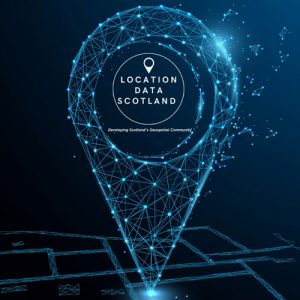
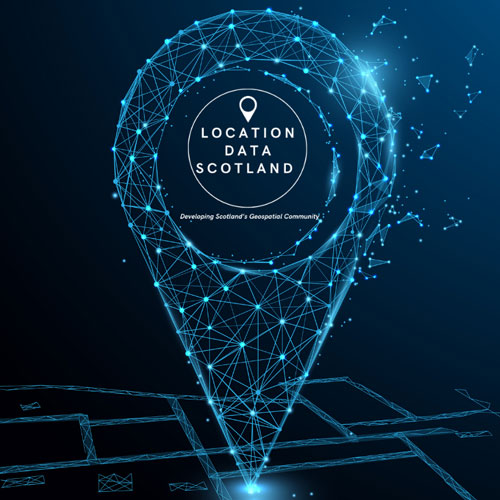
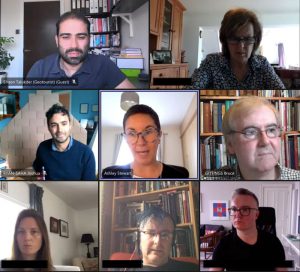
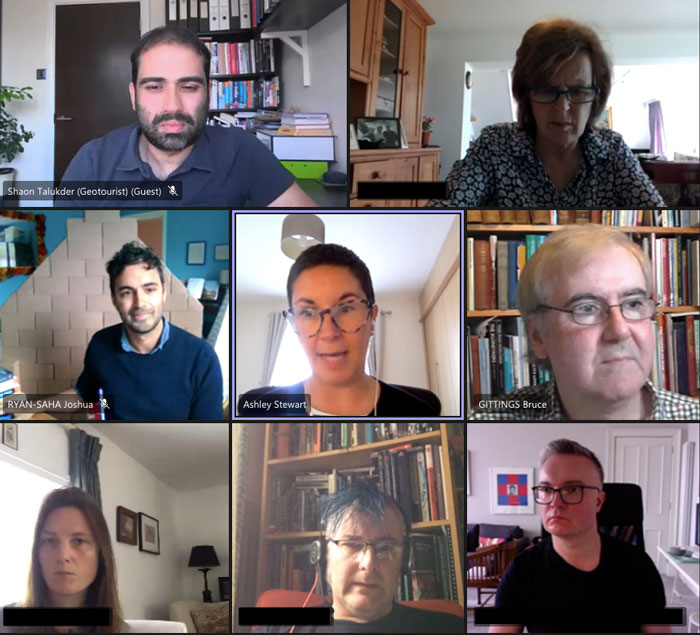
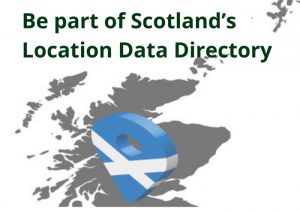
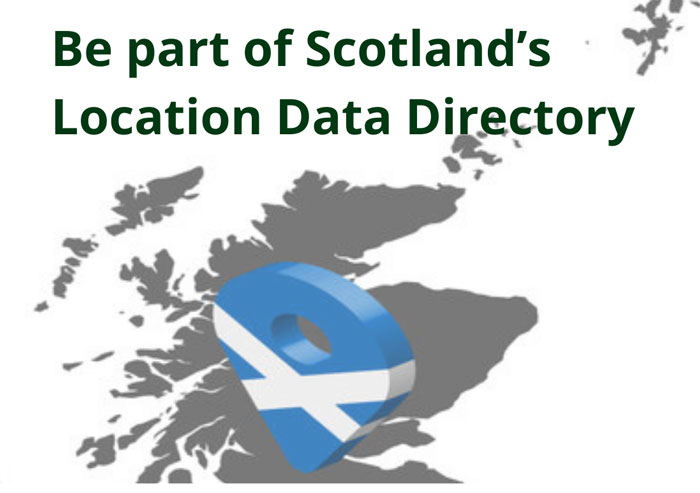

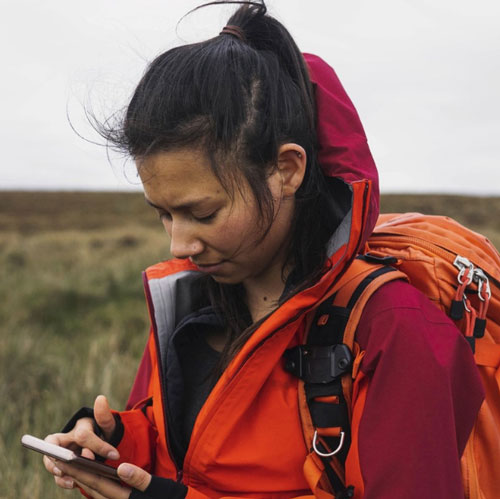
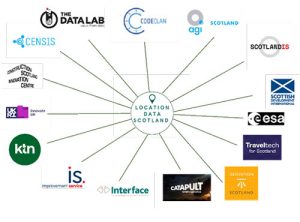
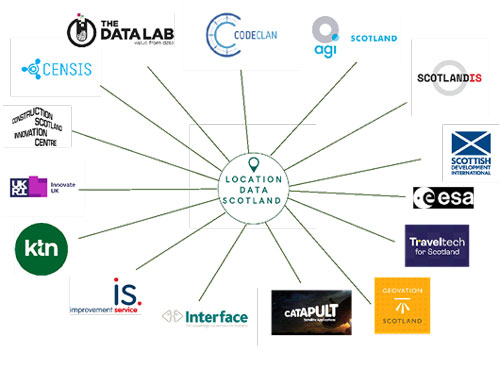

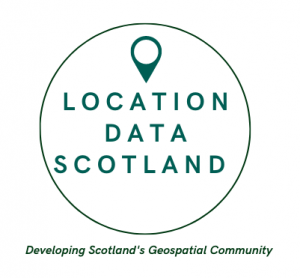
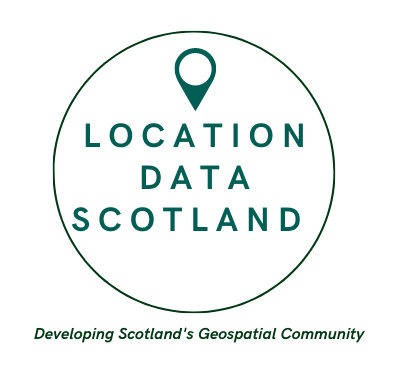
 Alan Corbett, GIS Analyst at Scottish Government said, “Scotland has an active and innovative geospatial sector and Location Data Scotland is a wonderful opportunity for the sector to grow and thrive. The use of accurate location data has proven invaluable in the Scottish Government’s fight against Coronavirus (COVID-19) exemplifying how the use of location data can help us to achieve our vision that data is used to save time, money and lives.
Alan Corbett, GIS Analyst at Scottish Government said, “Scotland has an active and innovative geospatial sector and Location Data Scotland is a wonderful opportunity for the sector to grow and thrive. The use of accurate location data has proven invaluable in the Scottish Government’s fight against Coronavirus (COVID-19) exemplifying how the use of location data can help us to achieve our vision that data is used to save time, money and lives.